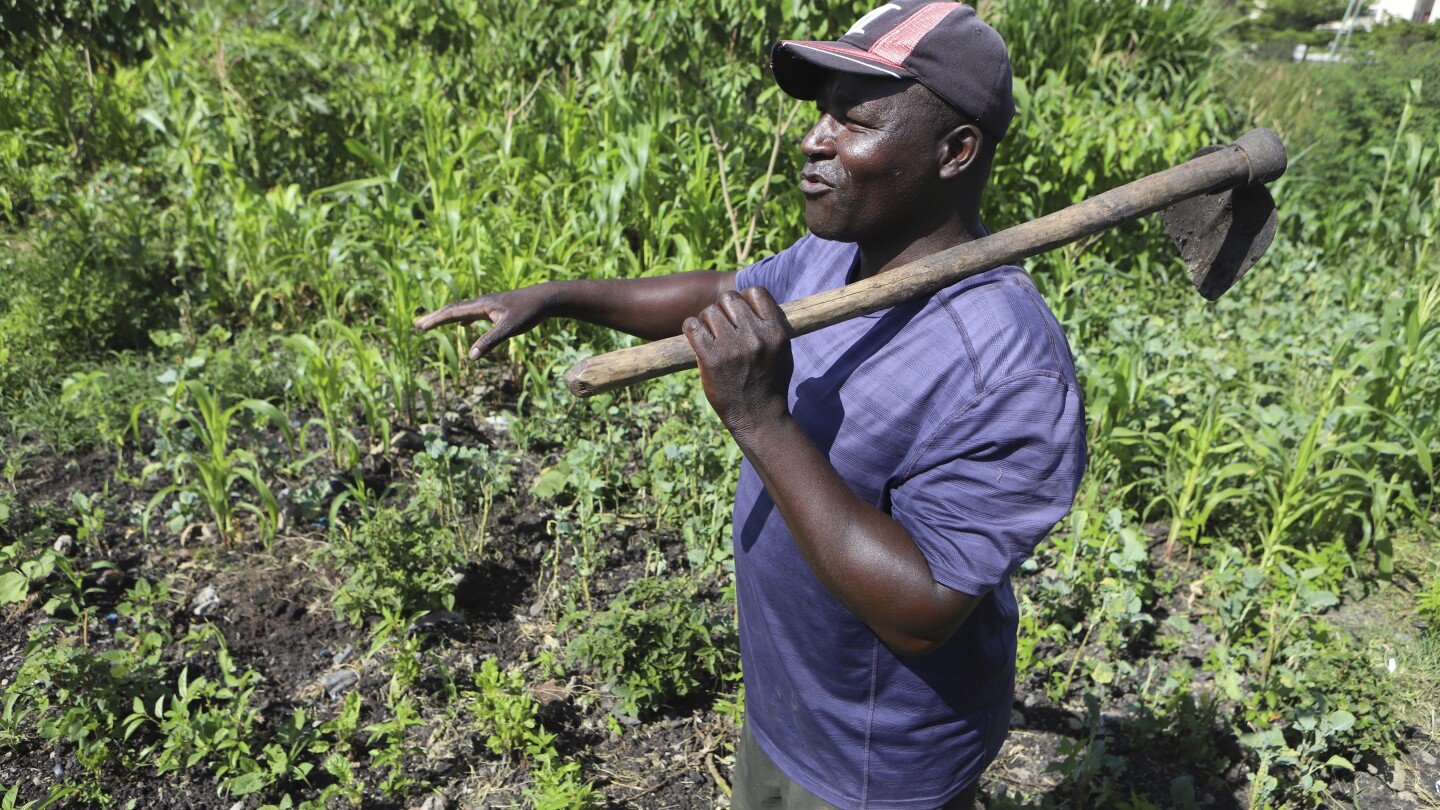When Benson Wanjala started farming in his western Kenya village two and a half decades ago, his 10-acre farm could produce a bountiful harvest of 200 bags of maize. That has dwindled to 30. He says his once fertile soil has become a nearly lifeless field that no longer earns him a living.
Like many other farmers, he blames acidifying fertilizers pushed in Kenya and other African countries in recent years. He said he started using the fertilizers to boost his yield and it worked — until it didn’t. Kenya’s government first introduced a fertilizer subsidy in 2008, making chemical fertilizers more accessible for smaller-scale farmers.
Problems with soil health are growing as the African continent struggles to feed itself. Africa has 65% of the world’s remaining uncultivated arable land but has spent about $60 billion annually to import food, according to the African Development Bank. The spending is estimated to jump to $110 billion by 2025 due to increased demand and changing consumption habits.
“Inorganic fertilizers were never meant to be the foundation of crop production,” he said, later adding that because of “commercially inclined farming, our soils are now poor, acidic, and low in biomass resources, and without life!”



Anti-capitalist maybe, but pro capital. Dear leader and his cronies need the cash crops to for export, fancy houses don’t grow on trees. They grow off the the sweat of the worker.
I didn’t intend to say the farmer is making the choices solely for personal profit. They grow what sells, or what they’re told to, so they can afford to live, not their choice.
In the end I see we agree. It’s not about an ism. It’s all about cash. Money. Capital. And greed doesn’t care about crop rotation- it’s too short sighted.